Usoro, Moges, Others To Speak In World Bank Conference On Gender Parity In Transport
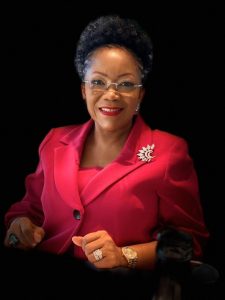
With a recent global gender gap report of 2019 released by the World Economic Forum, claiming that it will take 257 years to close the global gender disparity ratio in economic participation, eminent speakers drawn from both private and public sectors across the globe are billed to speak at a conference in Washington DC, USA on Thursday, January 16th , to discuss practical means to bridge gender inequality in transport sector.
Scheduled to speak in a panel session titled, “Gender: Moving from Talk to Action” are: Mrs. Mfon Ekong Usoro, Secretary General, Abuja Memorandum of Understanding on Port State Control for West and Central African Region; Dagmawit Moges, Transport Minister, Government of Ethiopa; Matthew Baldwin, Deputy Director General for Mobility and Transport, EU; Simony Cesar,founder,N!na, while the session will be moderated by Caven Grown, Senior Director, World Bank.
The organizers believe that activating decades of talks into action will help to reduce the female/male gender gap ratio in work place, especially from the sectoral prism of transportation, hence they said,”The UN Sustainable Development Goal 5 aims to achieve gender equality and addressing the inequalities in transportation sector are key to achieving that goal. Transport inequity exists both for women and gender non-conforming people as both transportation users and workers require a package of solutions.”
On a clearer note, the organizers noted:” Infrastructure is the largest sector supported by Multilateral Development Banks, and transportation is the largest subsector within it. This funding often targets capital intensive project while addressing gender equity in transportation requires a range of tools including behavioral, educational, and policy change oriented projects.
“ Women make up the largest share of public transport users globally while being exposed to aggression, sexual harassment, and other unwanted behavior on public transit. Additionally, safety concerns and limited access to transport creates barriers to women participating in the labour force. Integrating gendered assessment in the transportation planning process by accounting for variations in trip pattern and access to opportunities by gender are essential in improving accessibility for women.” They added.
Recall that the Global Gender Gap Report 2019 released early December 2019 painted a deteriorating situation that brought gender parity to a lowly 57.8 percent, which represents a massive 257 years before gender parity can be achieved.
The report highlighted three primary reasons for this. Women have greater representation in roles that are being automated; not enough women are entering professions where wage growth is the most pronounced and women face the perennial problem of insufficient care infrastructure and access to capital.
Globally, according to the report, gender parity stands at 68.6 percent and the 10 bottom countries have closed 40 percent of the gender gap.
This is an annual event on Transforming Transport organized by the World Bank Group and World Resource Institute at Ross Centre and this year’s theme is, “Connecting People for Sustainable Growth.”
According to the organizers, “the conference will discuss how transport can promote global growth, trade, economic inclusion and sustainability, with a focus on the developing world. The discussion will be grounded on the four pillars of sustainable mobility for all: Transport that is accessible, efficient, safe and green.”
The event will feature five plenary sessions, one special session on innovations in technology, 14 high-level technical sessions, and a knowledge exhibition. Among the technical sessions, ten are organized by the World Bank and World Resource Institute and four by external organization.



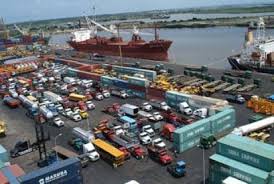
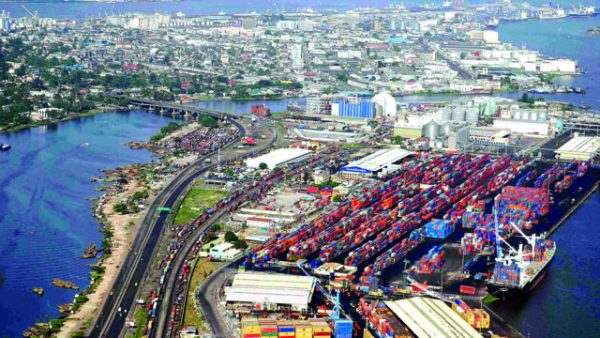

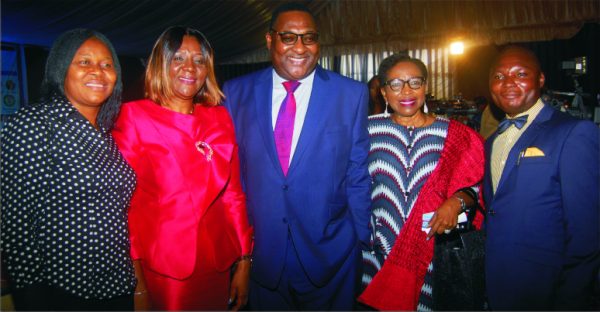
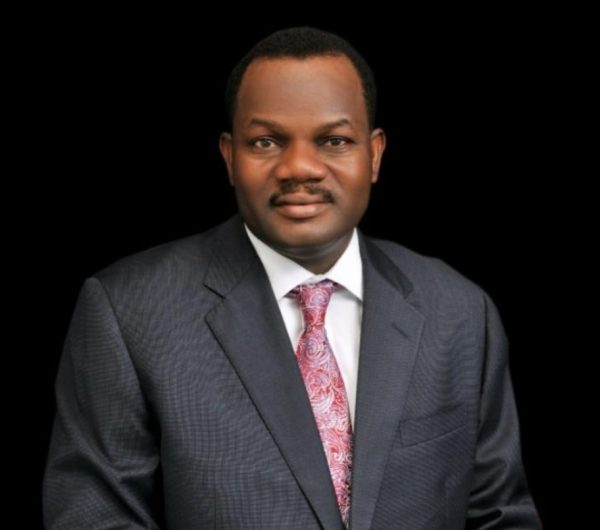
One Comment